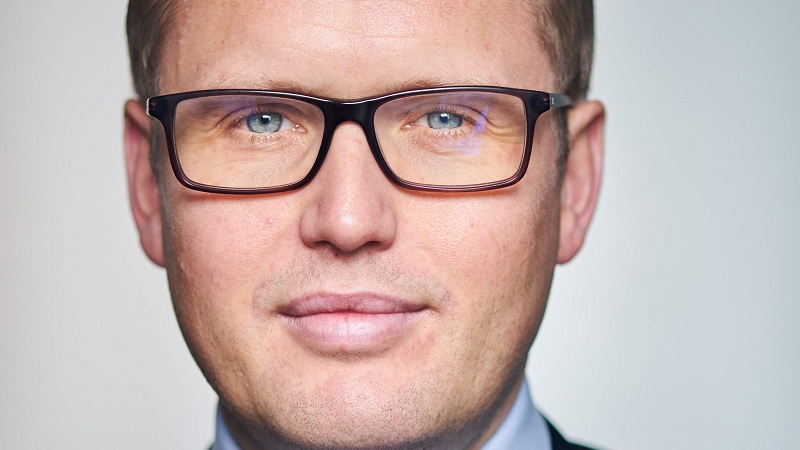Despite the recent rebound in markets, many investors will be feeling bruised after a challenging 2018.
This was in part due to the large number of asset classes that provided disappointing returns; it wasn’t necessarily the level of correction in the headline markets last year, but the sheer breadth of weakness.
In addition to this, the fact that we are approaching the 10-year anniversary of the US economic expansion implies we are closer to the next recession.
This is further compounded by turning monetary policy, expensive valuations in certain asset classes, and a seemingly abnormal climate of geopolitical risk.
Take stock
It is at times like these that it’s a good idea to take a step back, assess the environment and to think about the principles underpinning your investment strategy for the year ahead.
The reality is that thanks to a range of factors, including negative cyclical forces and weakening growth potential in certain markets, we are moving into a lower return environment than we’re used to.
This requires investors to be realistic. It’s better to accept this as the new normal, adapt your strategy accordingly and to manage portfolios more effectively. Having a robust decision-making framework will be essential in seeking out opportunities, as well as avoiding panic and overly emotional behaviour.
Dare to be different
Investors also need to be realistic and not give up on risk. Taking on no risk exposure at all leaves you almost bound to underperform inflation, as the yields across traditionally defensive assets remain depressed.
While growth momentum is certainly fading, it is unlikely that there will be a recession in 2019, so rewards for taking risk still remain.
There is also a need to be different. For example, when return expectations in traditional assets moderate, it can be necessary to embrace higher allocations to more alternative strategies. Practically speaking, this might mean deviating from the traditional equity bond mix. In short, it pays to evolve your strategy and be different.
Trust the process
Taking the environmental factors outlined above into consideration, investment managers must then think about the implications of these for their investment strategy for the year ahead. In our view, there are a few key implications that need to be considered.
First, be prepared to expand your sources of return. For example, equities still offer the highest level of return potential, but this will come at higher levels of short-term drawdown, so embracing other risk premiums – credit, rental, liquidity, private, duration – will also be beneficial.
Second, don’t compromise process, which happens too often at this stage of the cycle and in asset classes when it is needed most. A recent example is the lack of discipline in the build up to the last financial crisis, as investors took excessive credit risk and invested into things that were too complex for their processes.
With return potential now more challenging, yields low across the curve, and corporate sector debt rising, there is the challenge that people will again lose their discipline to keep clients happy in the short term. It is key to combine a return seeking mind set, with an upgrade and expansion of the investment process.
Alternative action
Finally, don’t forget how to manage risk. I have mentioned alternatives and this is a classic area where investors can forget about how to manage risk.
Alternatives are typically about diversifying return, whereas many talk about alternatives as diversifying risk. This can lead to investors replacing fixed income allocations entirely. This is a dangerous move, as ultimately there are very few asset classes that diversify your risk when it’s needed – ie equities selling off – and there are few substitutes for duration (government bonds) and specific foreign exchanges, Japanese yen, for example, for this purpose.
In this respect, investors must not lose sight of how to manage risk when formulating their investment strategies for 2019.
Despite the challenges ahead, there remain plenty of opportunities for skilled managers. In particular, those that stand back, look at the environment and review their investment strategy are most likely to reap the rewards. For those that don’t, 2019 is likely to be a challenging environment.
Toby Vaughan is chief investment officer at Brown Shipley










